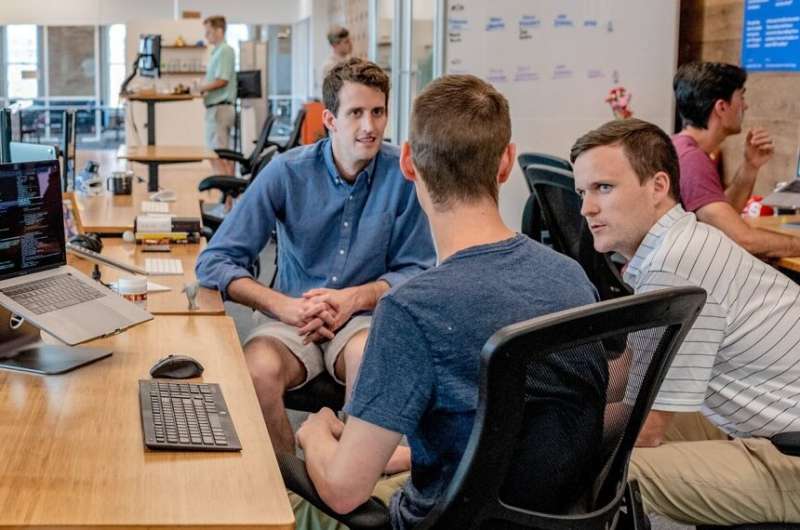New research shows link between workplace bullying and conspiracy beliefs

New research has shown that people who experience bullying in the workplace are more likely to engage in conspiracy theorizing.
The new research, led by the University of Nottingham and in collaboration with the Paris Nanterre University, built on the idea that experiences of bullying may breed conspiracy beliefs because both are associated with similar psychological factors, such as feelings of paranoia. The results have been published today in Social Psychology.
Conspiracy theories are defined as "explanations for important events that involve secret plots by powerful and malevolent groups," from scientists and doctors to the boss in the workplace. This new study builds on previous research that has shown life experience can increase susceptibility to conspiracy theories and explores the theory that hostile workplace experiences could be linked to the development of conspiracy beliefs.
Dr. Daniel Jolley, Assistant Professor in Social Psychology at the University of Nottingham, led the research and said, "Bullying experiences can significantly impact the victim in numerous ways, with the development of conspiracy beliefs being another detrimental consequence. We believe victims of bullying may find conspiracy theories appealing because bullying experiences frustrate the exact psychological factors, such as disempowerment, that are a route to developing conspiracy beliefs."
Two studies were carried out. The first measured 273 people's experiences of a range of negative acts and demonstrated that experiences of workplace bullying were positively associated with conspiracy beliefs. The results also showed that people who experience workplace bullying were also more likely to report increased feelings of paranoia, which is also associated with a higher endorsement of conspiracy beliefs.
In the second study, 206 participants were asked to either imagine beings bullied in the workplace or being supported positively at work. Those who imagined a bullying environment also reported an increased belief in conspiracy theories.
Dr. Jolley continued, "We saw during the COVID-19 pandemic how conspiracy theories could take hold and spiral, with many circulating and gaining traction, particularly around vaccinations. Our work shows how conspiracy beliefs can mobilize people in ways detrimental to a smooth-running society. This is why understanding how conspiracy beliefs form is essential. If we can get to the root of what factors influence them, we can develop ways to tackle this. We recommend that the next steps are to develop tools to support victims to try and avert the link between being bullied and conspiracy theorizing emerging."
More information: Bullying and Conspiracy Theories: Experiences of Workplace Bullying and the Tendency to Engage in Conspiracy Theorising, Social Psychology (2022). DOI: 10.1027/1864-9335/a000492
Provided by University of Nottingham




















